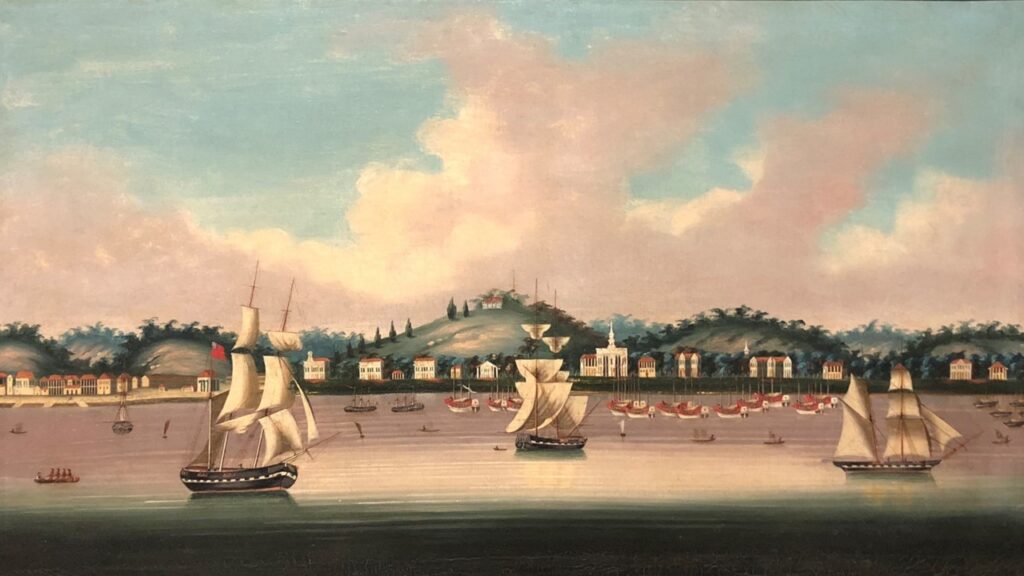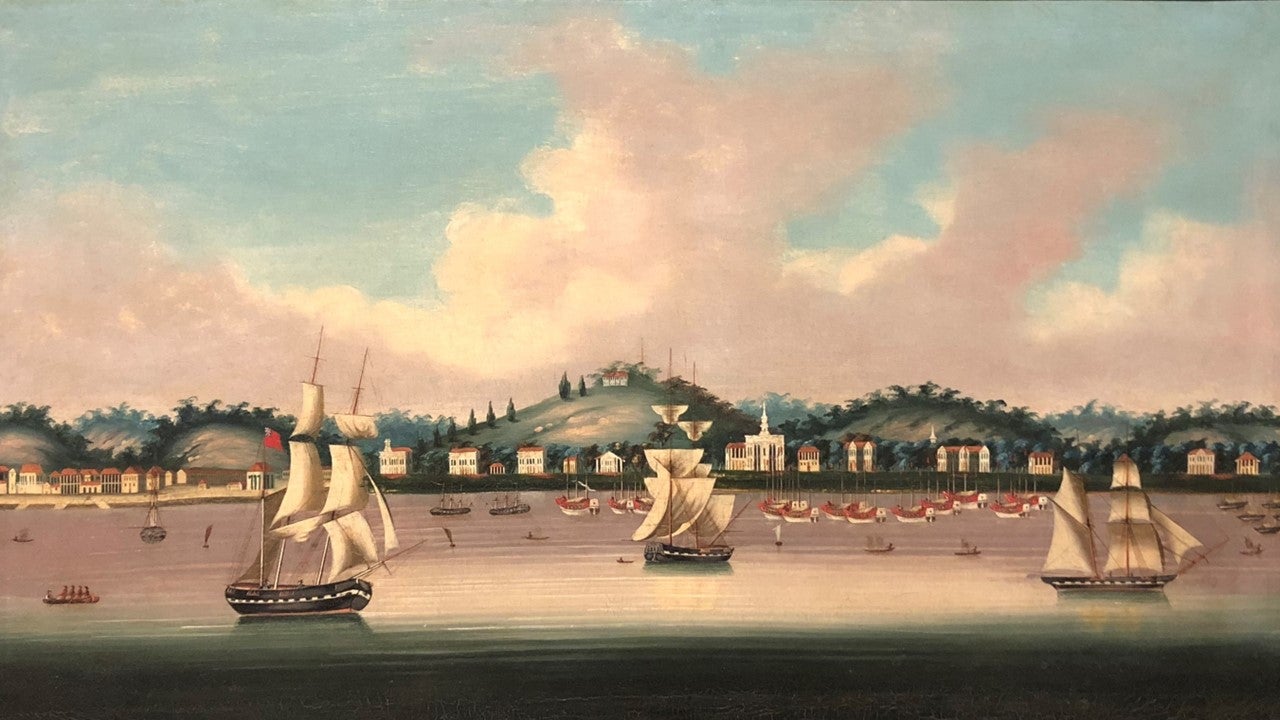Events
Law and Geography in Urban Asia
| Date | : | 18 Feb 2025 - 19 Feb 2025 |
| Venue | : | Hybrid (Online via Zoom & AS8 04-04) |
| Contact Person | : | YEO Ee Lin, Valerie |
| Programme | ||
How can Asia be understood by the law? Like innumerable other disciplines, the law has long sought to encapsulate Asia’s unique contours in a variety of ways (e.g. Hirschl, 2020; Fukurai, 2018; Eckert, 2004). Taking place in the subdiscipline of legal geography, this workshop – which aims to bring together scholarship on law and geography in urban Asia – wishes to further the legal exploration of the region while simultaneously paying attention to its unique spatiality (Bennett and Layard, 2015). It therefore invites scholars from across a range of disciplines and sub-regions to reflect on the co-relation and co-production of law and urban space in the region.
This workshop, which we believe is the first of its kind, correlates well with recent regional-specific scholarship in the subdiscipline (e.g. Ojeda and Blomley, 2024; Gillespie, Robinson, and O’Donnell, 2024; de Witte, 2022) as well as calls to employ a comparative or even ‘transplantational’ approach to the field in order to pay attention to its diverse pluralities (e.g. Nicolini and Poncibó, 2024; Kedar, 2014; Robinson and Graham, 2018). Although there is no dearth of such scholarship situated in Asia, there has hitherto been no concentrated attempt at bringing its multivarious strands together to understand what makes Asian legal geography unique.
Advancing on these invitations, we deploy legal philosopher Hans Lindahl’s (2013) concept of a-legality or spatiolegal strangeness as a starting point to investigate Asian law and geography. If, as Lindahl proposes, certain unusual spatial practices or behaviours (e.g. the recent climate protests) can produce ‘fault lines’ in a legal order and necessitate its recalibration (e.g. laws criminalising glueing oneself to roads), how do certain entanglements of law and space in urban Asia call into question established conventions and understandings of spatio-legality as historically defined by North American and European scholarship? Concurrently, how do such entanglements also reveal the plurality of legal orders and spatial typologies within Asia? And in doing so, how do they reiterate or interrogate the ability of the law to function as a tool of power and governance at a range of local, regional, and global scales?
To help answer these questions, this workshop remains deliberately open to a range of disciplines and to scholars engaged in diverse understandings of law (e.g. constitutional, property, international, historical, jurisprudence, religion, norms, customs, culture) and Asian urban space (e.g. through geography, urban studies, international relations, architecture, migration studies, infrastructure studies).
Though the focus of the workshop remains on urban Asia, we also wish to highlight that this call for spatio-legal strangeness includes how the non-urban defines the urban. That is, we feel it is equally prudent to pay attention to the hinterlands, the suburbs, or the peri-urban settings that contribute to the construction of the urban, and how the law supports or resists these constructions. We also wish to include the relationship of the urban to global flows and circulations of capital, trade, commerce, technology, and migration, which in turn has led to the creation of economic corridors, special economic zones (SEZs) or exclusive economic zones (EEZs) – which have contributed to discourses on the spatialisation of law in different ways.
WORKSHOP CONVENORS
Dr Dhiraj NAINANI
Asia Research Institute, National University of Singapore
A/P Maitrii V. AUNG-THWIN
Asia Research Institute & Department of History, National University of Singapore
A/P Kah-Wee LEE
Department of Architecture, National University of Singapore
REGISTRATION
Registration is closed, and registered attendees have been given instructions on participating in this hybrid event. Please write to valerie.yeo@nus.edu.sg if you would like to attend the event.



